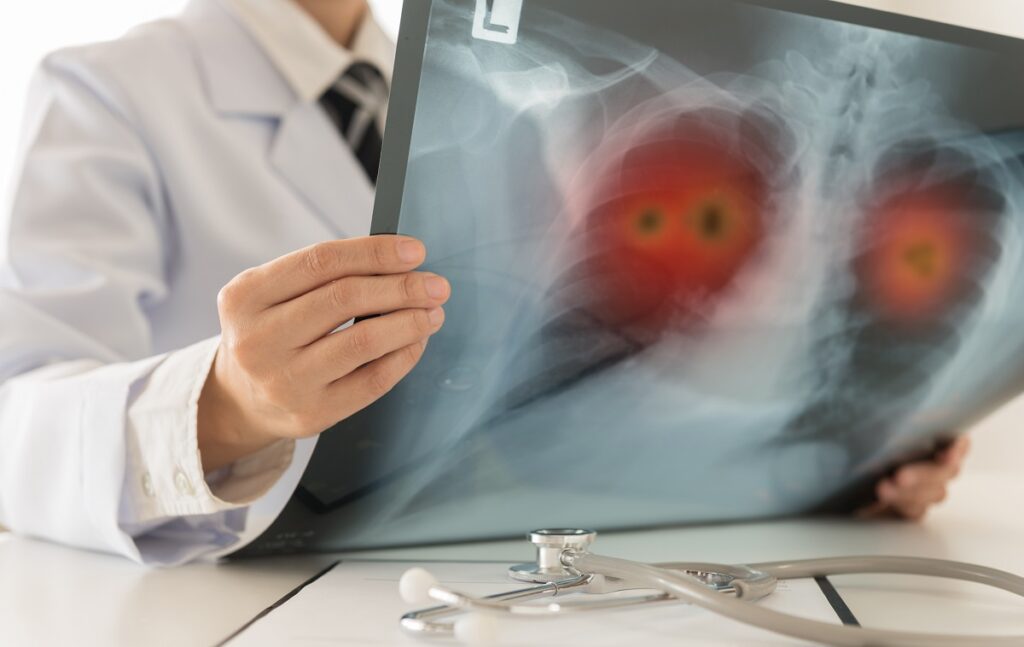- Advanced medical scans are complex procedures that use technology to take high-quality images of the body.
- These scans allow doctors to see the structure and function within the body for more precise diagnoses and treatments.
- MRI uses powerful magnets and radio waves; CT uses X-rays and computer technology; PET uses a radioactive tracer.
- Advanced medical scans offer many benefits over traditional imaging methods, such as better detection of early stages of diseases.
- Their applications are diverse in various medical specialties, helping doctors diagnose, stage, and monitor diseases for targeted treatments.
In the field of medicine, imaging plays a critical role in diagnosing and treating illnesses. The development of advanced medical scans has revolutionized healthcare by allowing physicians to capture detailed images of the body. With these scans, doctors can pinpoint an injury or disease’s exact location and severity, making diagnoses and treatments more precise.
Advanced medical scans have had a significant impact on healthcare. Previous imaging methods, such as X-rays and ultrasounds, could show the structure of bones and organs but not the function. With advanced medical scans, doctors can see the structure and function of the body’s organs, tissues, and cells. This allows for much more precise diagnoses and treatment plans.
This blog will explore the importance of advanced medical scans, their work, and their benefits over traditional imaging methods.
Understanding Advanced Medical Scans
Advanced medical scans are complex procedures that use technology to take high-quality images of the body. There are several types of scans, including MRI, CT, and Positron Emission Tomography (PET). These scans are non-invasive, meaning they do not require surgery or incision.
MRI
Magnetic Resonance Imaging, or MRI, uses powerful magnets and radio waves to create detailed images of the body. Radio waves are then directed at the patient, causing the protons to emit signals captured by a receiver. A computer converts the signals into images that a radiologist can interpret.
If you have a medical condition requiring an MRI scan, scheduling your appointment as soon as possible is essential. Suppose you need a faster appointment or want to schedule a private MRI scan appointment. These types of facilities are often available with reduced wait times and may offer a more high-tech imaging service than traditional facilities.
CT
Computed Tomography, or CT, uses X-rays and computer technology to create detailed body images. The patient lies on a table that moves through a sizeable ring-shaped scanner. The scanner rotates around the patient, taking multiple X-ray images from different angles. A computer then combines these images to create a 3D image of the body.
PET
Positron Emission Tomography, or PET, uses a radioactive tracer to create images of body functions. The tracer is injected into the body and collects in areas of high metabolic activity, such as cancer cells. The patient lies on a table, and a camera detects the radiation emitted by the tracer. A computer then creates images that show the activity of the tracer in the body.

How Advanced Medical Scans Work And Capture Detailed Images Of The Body
Advanced medical scans use technology to capture images of the body’s internal structures and functions. MRI uses powerful magnets and radio waves, CT uses X-rays and computer technology, and PET uses a radioactive tracer.
These technologies allow doctors to capture detailed images of the body that can be used to diagnose and treat a wide range of conditions.
Benefits Of Advanced Medical Scans Over Traditional Imaging Methods
Advanced medical scans offer several benefits over traditional imaging methods. They are more accurate, provide more detailed images, and are better at detecting early stages of diseases. They are also non-invasive, meaning they don’t require surgery or incision.
The presence of advanced medical scans has revolutionized healthcare by allowing doctors to make more precise diagnoses and treatment plans, ultimately leading to better patient outcomes.
Usage in Different Medical Specialties
Advanced medical scans are used across various medical specialties. They allow doctors to see the body’s internal workings in fine detail, which can provide invaluable insights into specific conditions.
Neurology
In Neurology, advanced medical scans significantly impact the diagnosis and treatment of neurological conditions. Imaging tests such as MRI can help doctors detect brain, spinal cord, and nerve abnormalities. While a person may appear healthy, an MRI can diagnose conditions such as tumors or aneurysms, leading to early diagnosis and treatment.
Cardiology
Advanced medical scans are crucial in cardiology, helping to diagnose heart diseases such as coronary artery disease, atrial fibrillation (AFib), and heart defects. Cardiologists often use imaging techniques like CT scans and MRI to create three-dimensional heart images.
These images help doctors evaluate the heart’s performance, identify blockages, measure blood flow, and pinpoint damaged tissue.
Oncology
In the field of Oncology, advanced medical scans are an essential tool in detecting, staging, and treating cancer patients. These scans provide detailed images of tumors and their surrounding tissues, providing doctors with valuable insights into the extent of the cancer.
They also help doctors determine the best course of treatment for a patient. PET scans, for example, can show whether cancer has spread to other parts of the body.

Advanced medical scans have revolutionized healthcare by allowing doctors to capture detailed images of the body’s internal structures and functions. MRI, CT, and PET are today’s advanced medical scans. These scans offer several benefits over traditional imaging methods, including greater accuracy, more detailed images, and non-invasiveness.
Moreover, these scans provide precise and accurate images, allowing doctors to diagnose ailments in their earliest stage and determine the best course of treatment. From cardiology to oncology and neurology, the importance of medical scans cannot be overstated. It’s essential to understand what to expect from advanced medical scans and seek your doctor’s help if you have any questions or concerns.





